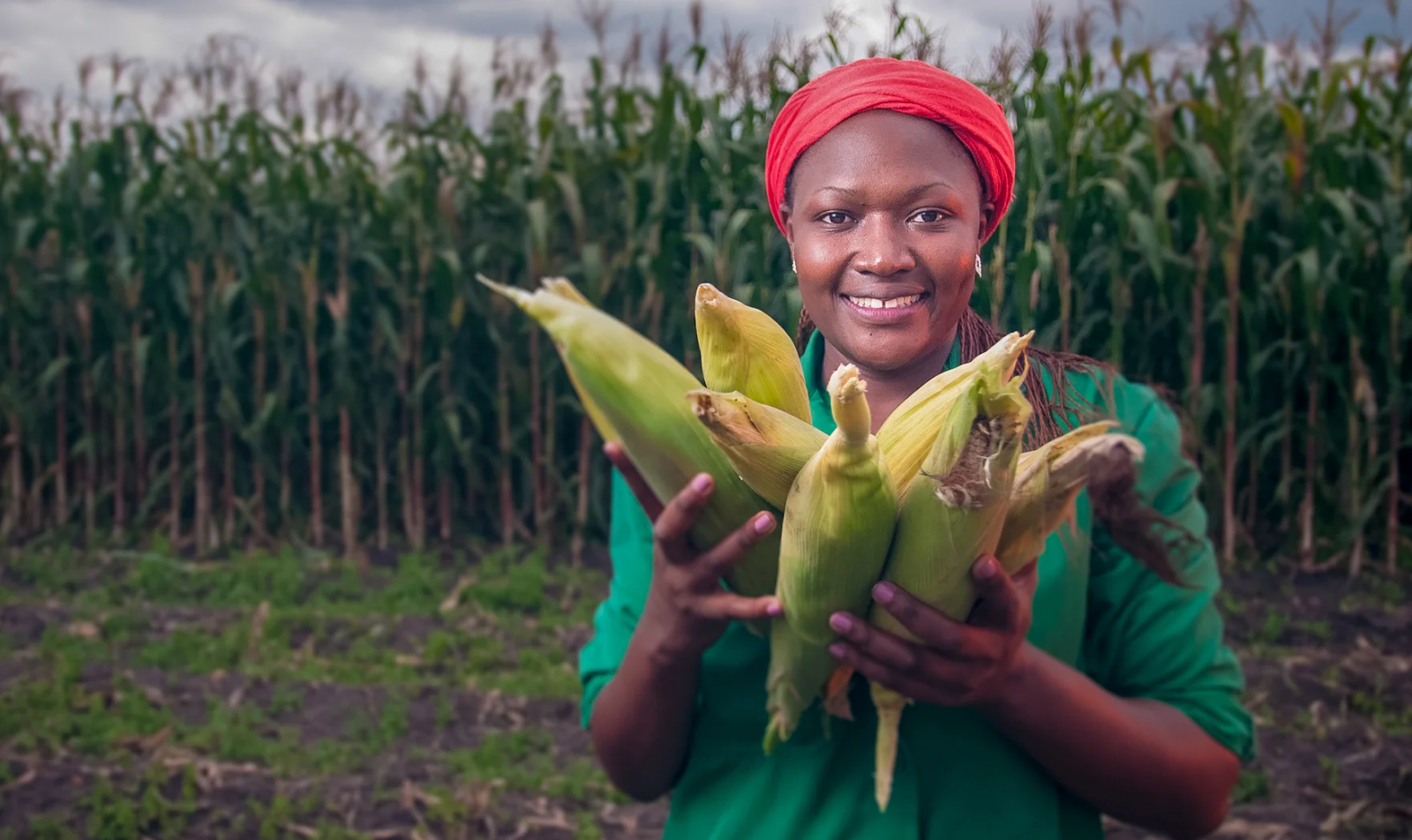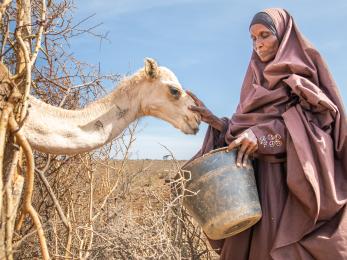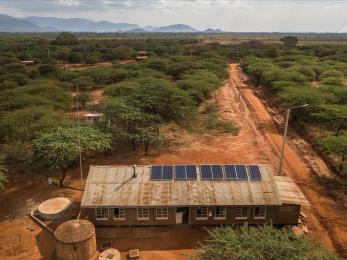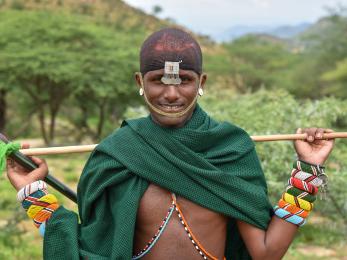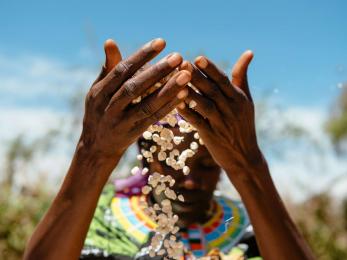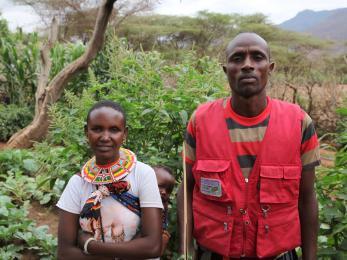Breadcrumb
Kenya
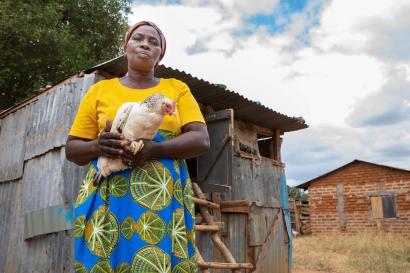
Mercy Corps has been working in Kenya since 2008, partnering with Kenyan communities to drive peace and development. Last year, our programmes reached over 905,000 people across the country.
The context
Kenya is a country of abundant natural resources and is rapidly moving toward status as an upper-middle income country. With a long sea coast boasting the primary port that feeds central Africa with goods, abundant opportunities for tourism, expansive rangeland supporting vibrant cattle markets, rich agricultural lands, and a vibrant tech sector, Kenya demonstrates enormous potential to tap into global resources that can increase growth and lift more citizens out of poverty.
Kenya is one of the fastest growing economies on the African continent. Agriculture remains the mainstay of the Kenyan economy, contributing 26% of GDP and employing more than 40% of the population. However, technology is rapidly transforming the lives of Kenyans, and Kenya’s innovation ecosystem is setting the pace for the rest of the continent. The vast majority of the population owns a mobile phone, and Kenya is considered a major tech hub on the African continent along with South Africa, Nigeria, and Egypt.
Despite Kenya’s gains, deep disparities persist. A majority of Kenya’s citizens outside of the city centres are not equipped to benefit from these opportunities, and inequality is on the rise, characterised by deep regional disparities, a growing youth population who lack the skills to meaningfully engage in the labour market, and a recurrence of extreme climate events—including drought and flooding—which have increased competition for an eroding natural resource base. After decades of perpetuating ethnic identity-based politics, Kenya’s social fabric remains deeply divided along ethnic and tribal lines.
Our impact
Since 2008, we have been working to build strong, peaceful communities. In response to COVID‑19, we’ve adapted our programmes in order to continue reaching communities with lifesaving support. We have also introduced new programming to prevent the spread of the virus. Today, we focus on four priority areas.
Strengthen governance
Through the establishment of nearly 200 local development planning committees representing more than 270,000 people, we are helping communities have a political voice. We have been able to influence county government to recognise these development planning committees as legitimate community institutions and to take the priorities they raise into account when making decisions. We are also working with local government officials to create more inclusive and participatory development and policy planning processes.
Empower young people
Our programmes equip young people with the skills and agency needed to shape the future they desire through access to meaningful work opportunities, financial literacy training, life skills, and the ability to influence household and community decision-making.
Promote peace and stability
We are working to equip community leaders, families, community-based organisations, and other stakeholders with skills to promote non-violence, change community norms that support violence, and influence at-risk individuals—especially youth—to reject violence. We also convene community members and government actors to facilitate dialogue and solutions to address the underlying issues driving conflict, such as natural resource management, rangeland management, cultural practices, or land ownership. Lastly, we are implementing early warning systems to identify and respond to tensions before they turn into violence.
Support resilient livelihoods
Through our programme, AgriFin, we leverage the prevalence of mobile phone usage in rural communities to develop digital products and services that smallholder farmers need to increase their productivity, incomes, and resilience to climate change. These products and services provide access to bank accounts, insurance, and loans, as well as information about agricultural techniques, financial and digital literacy, market prices and access, and weather.
